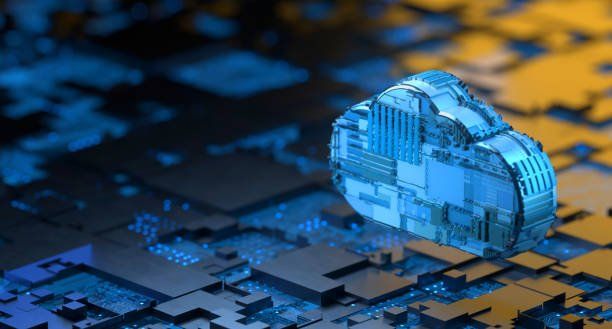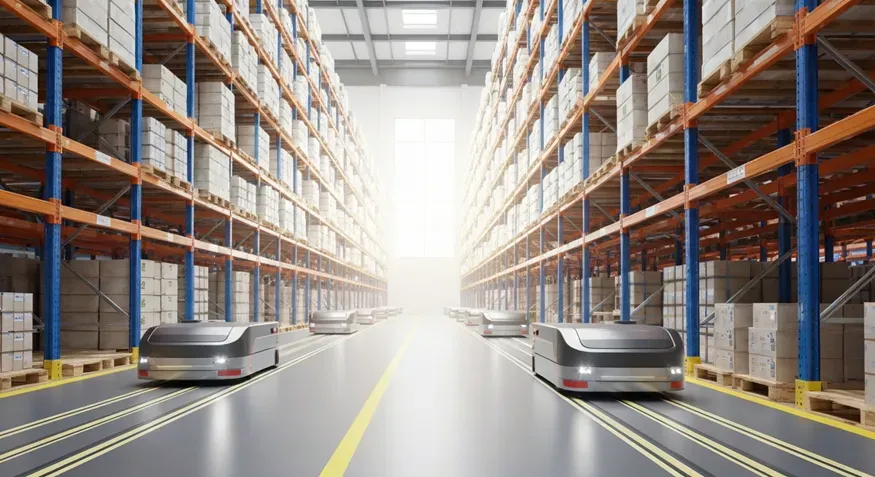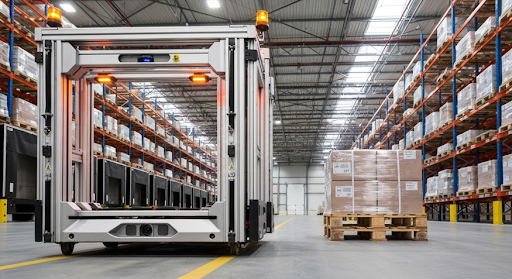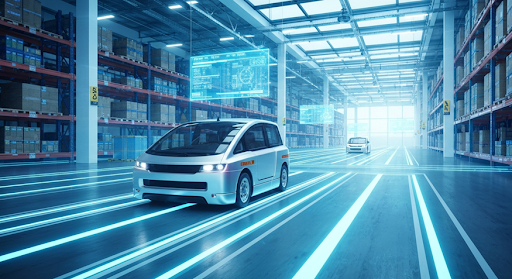What Is An Example Industrial Automation?

Modern industrial automation is less about specific machines in a factory and more about the technology used to control those machines. Industrial automation relies on various control systems for integrating each piece of process equipment or equipment into a larger system. Industrial automation is the use of control systems and information technology such as computers or robots to control various processes and machines in an industry to replace humans.
Industrial automation uses computer-controlled systems and robots (i.e. automated equipment) to replace decision-making and human involvement in the manufacturing process. Industrial automation is the use of control systems (including machines, drives, sensors, processors, and networks) to perform tasks to automate manufacturing. An integrated automation system is a set of independent machines, processes and data that run synchronously under the control of a single control system to realize a production process automation system. Integrated automation is fully computer controlled and controls the process with minimal human intervention.
Flexible automation uses a human-controlled centralized computer that controls and updates the production process, as well as a material handling system that groups its machines. This type of automation, called software automation, is used in computer-controlled flexible manufacturing systems and enables more flexible production. This type of automation is typically used in batch processes and workshops with a wide variety of products and low to medium volume of work, such as in the textile industry. Automated manufacturing and assembly equipment can be programmed to instantly perform new operations and additional steps in the assembly process.
For example, automated machining tools and moving parts perform the machining and finishing of materials, and automated conveyor systems move parts and components through various stages of production. Integrated automation is used in a variety of industries such as packaging, food and beverage, plastics processing, and more. Integrated industrial automation includes the complete automation of production facilities, where all processes operate under the coordination of digital information processing and computer control. Industrial automation systems are classified according to their degree of integration and flexibility in manufacturing processes and operations.
Regarding the definition of industrial automation, the concept can be defined as the completion of an operation or procedure without human assistance, using control systems such as computers or robots and information technologies such as ERP and EDI platforms to control various processes and equipment. . Briefly, industrial automation can be defined as the use of predetermined technologies and automatic control devices, causing the automatic execution and control of production processes without significant human intervention and achieving higher performance compared to manual control. Industrial control systems is, again, a broad technological field that includes a range of control systems and associated software tools used to automate and control various industrial processes.
Examples of stationary automation include production lines in the automotive industry, automated assembly machines, and some chemical processes. Examples of this type of automation are CNC machines, paper mills, steel mills, industrial robots, etc. Automation can be included at every step of the production line, from the initial blending or production of raw materials, to manufacturing and processing, to packaging.



